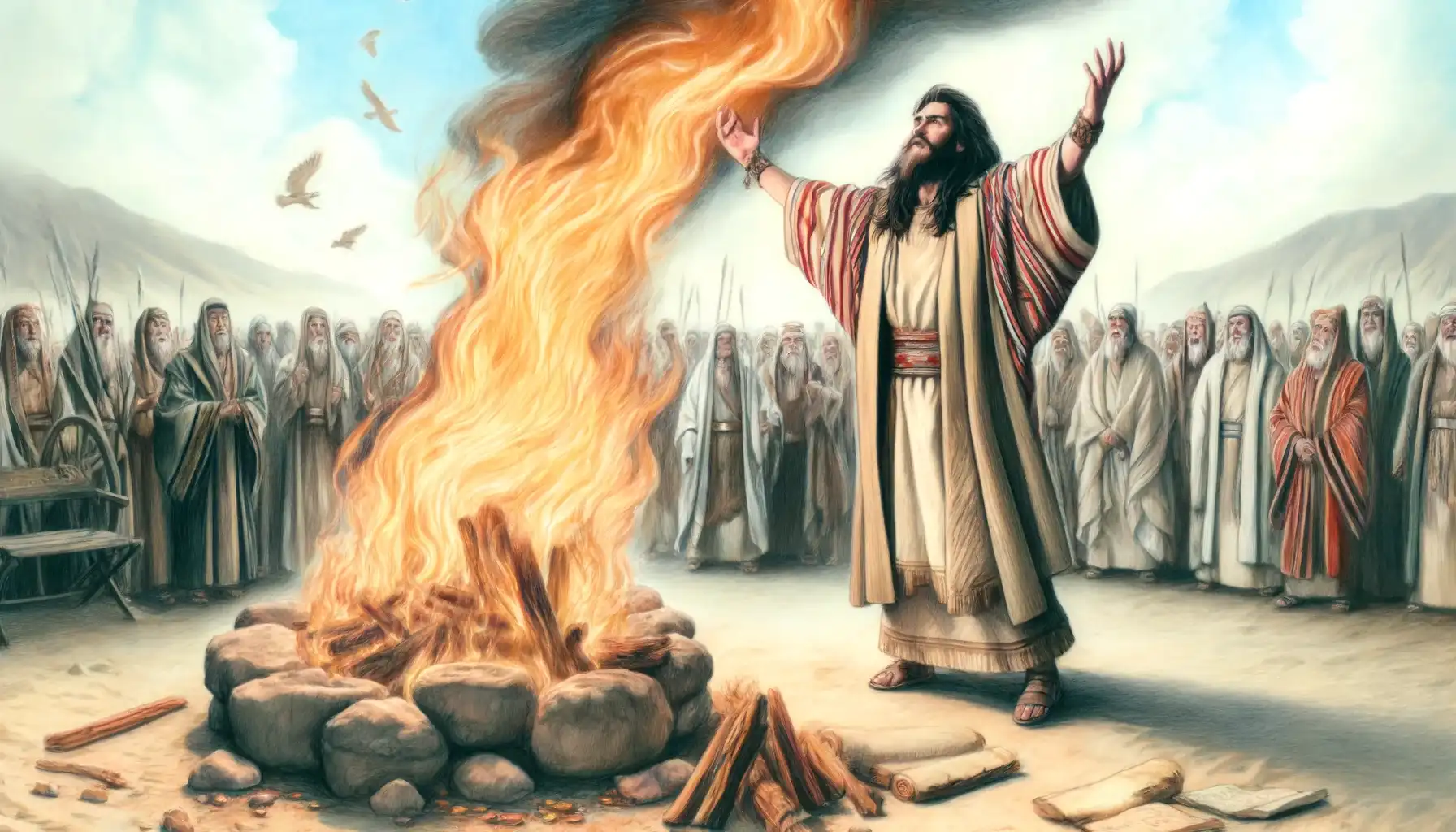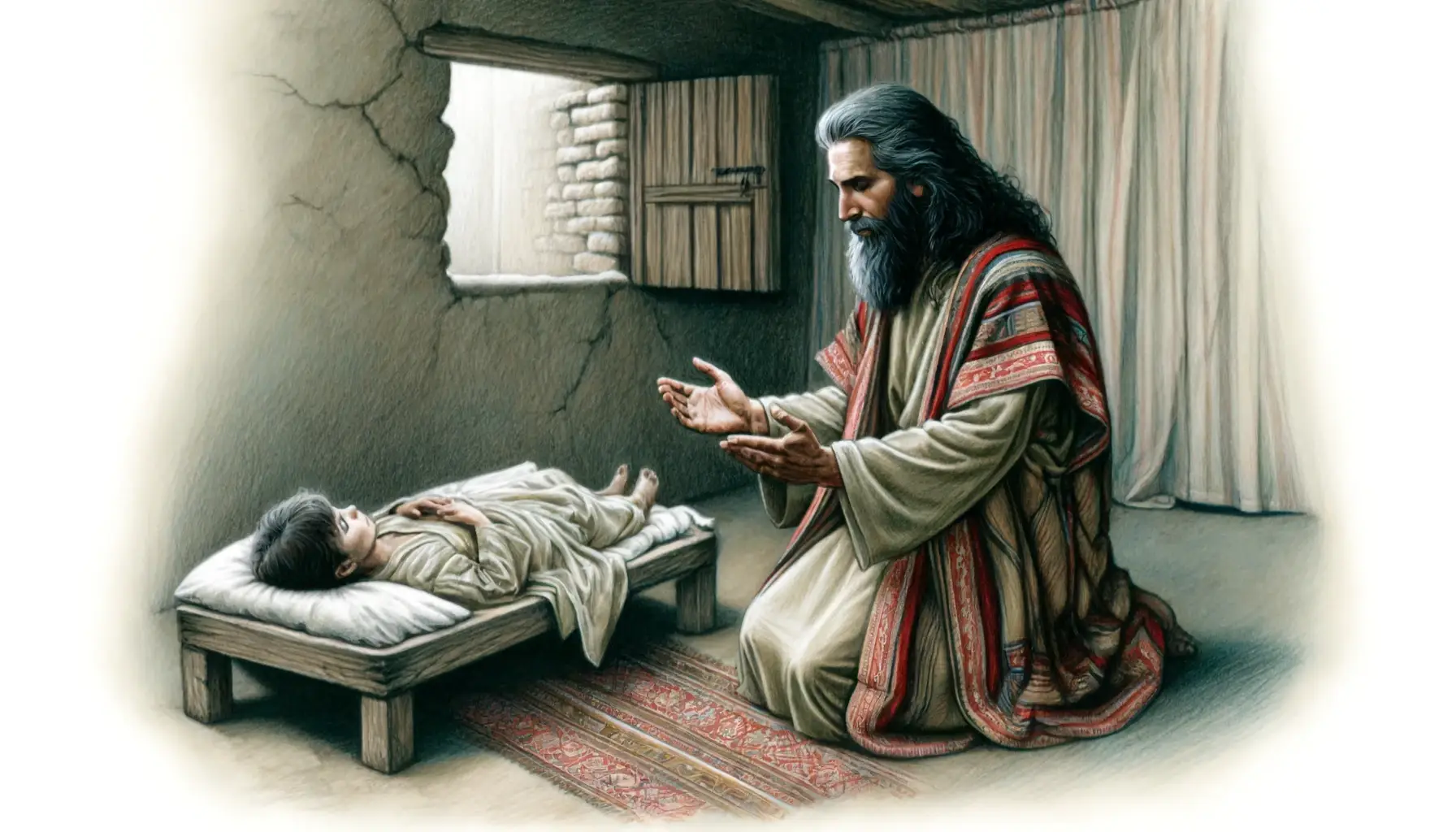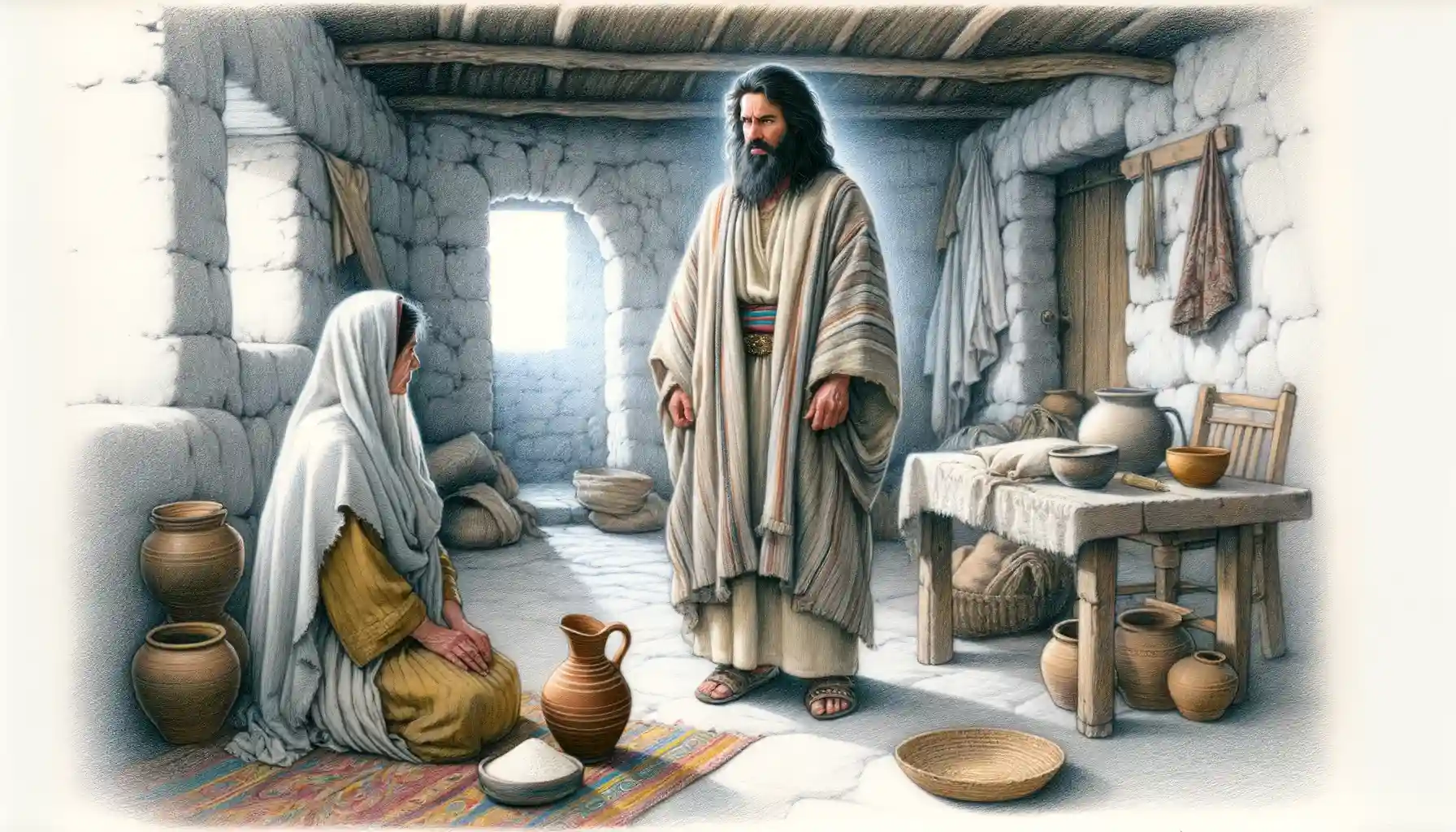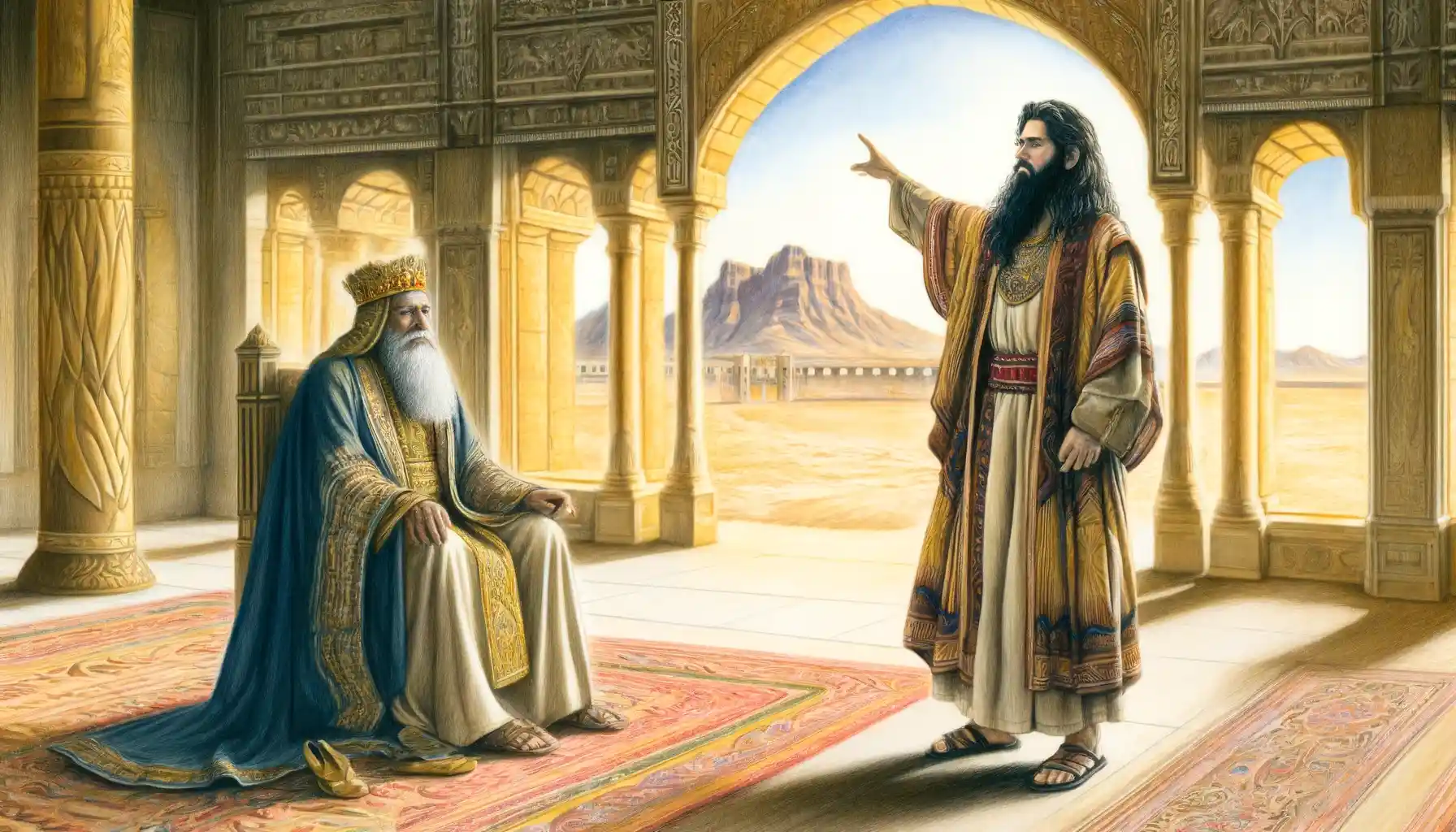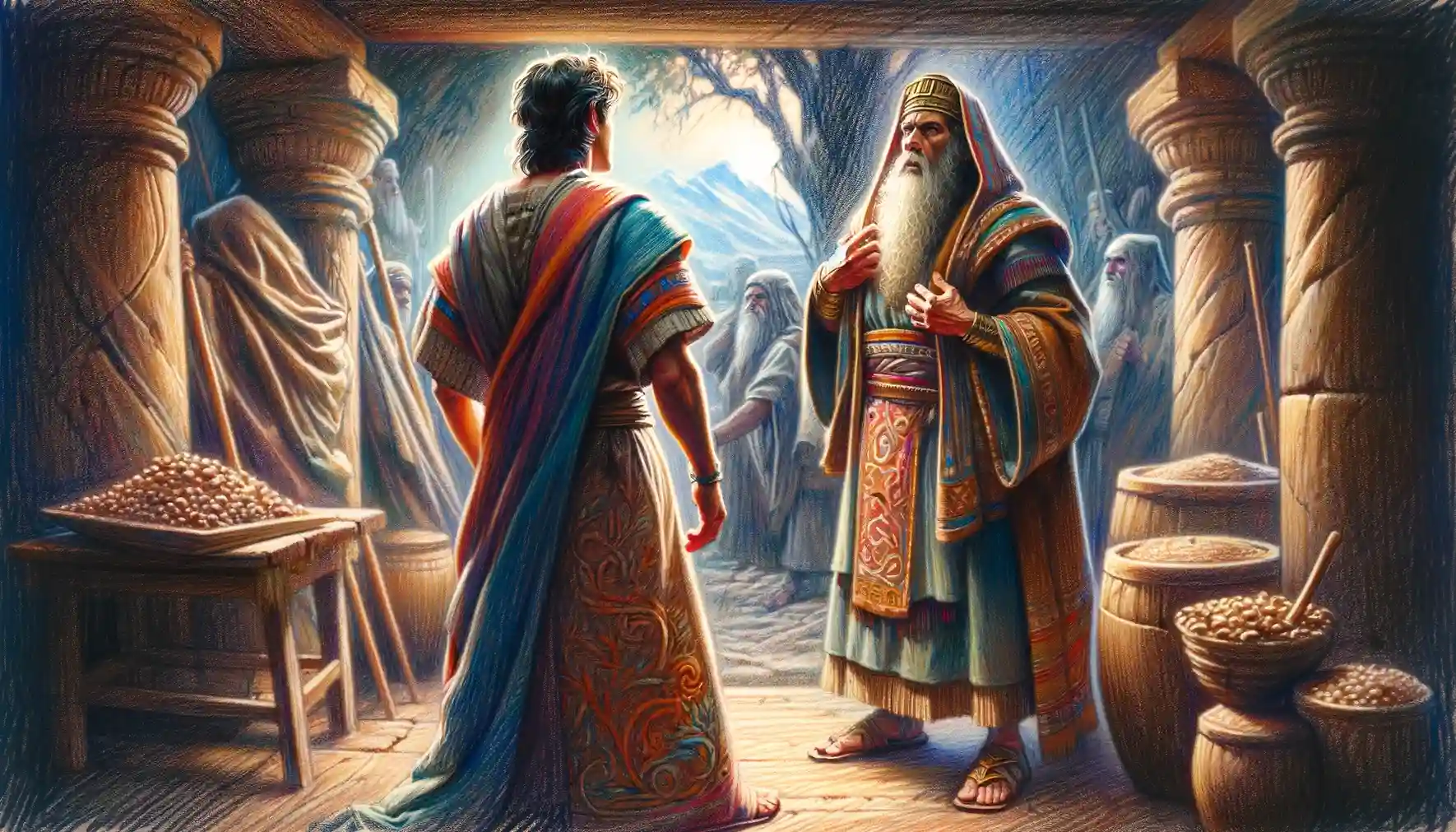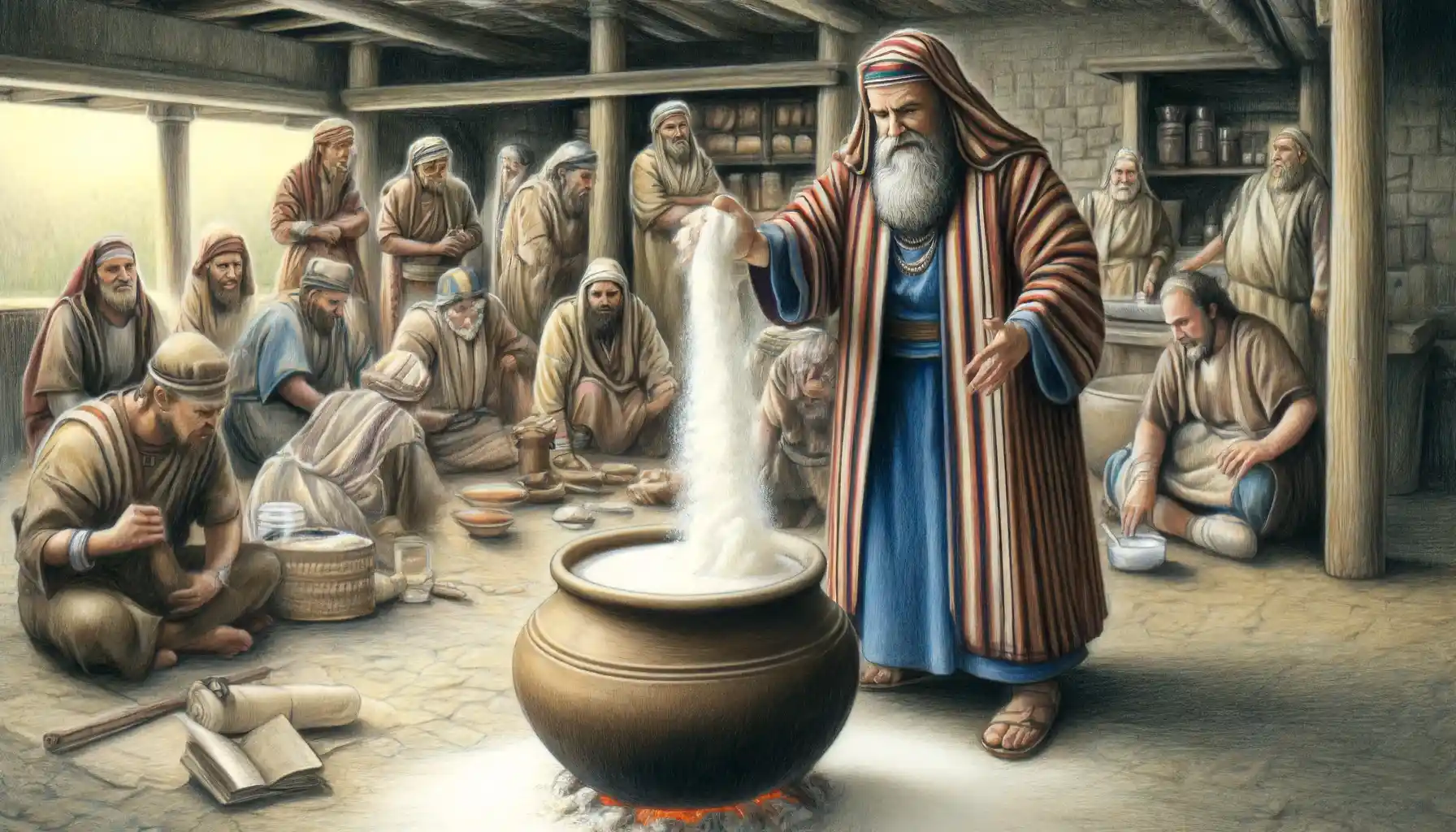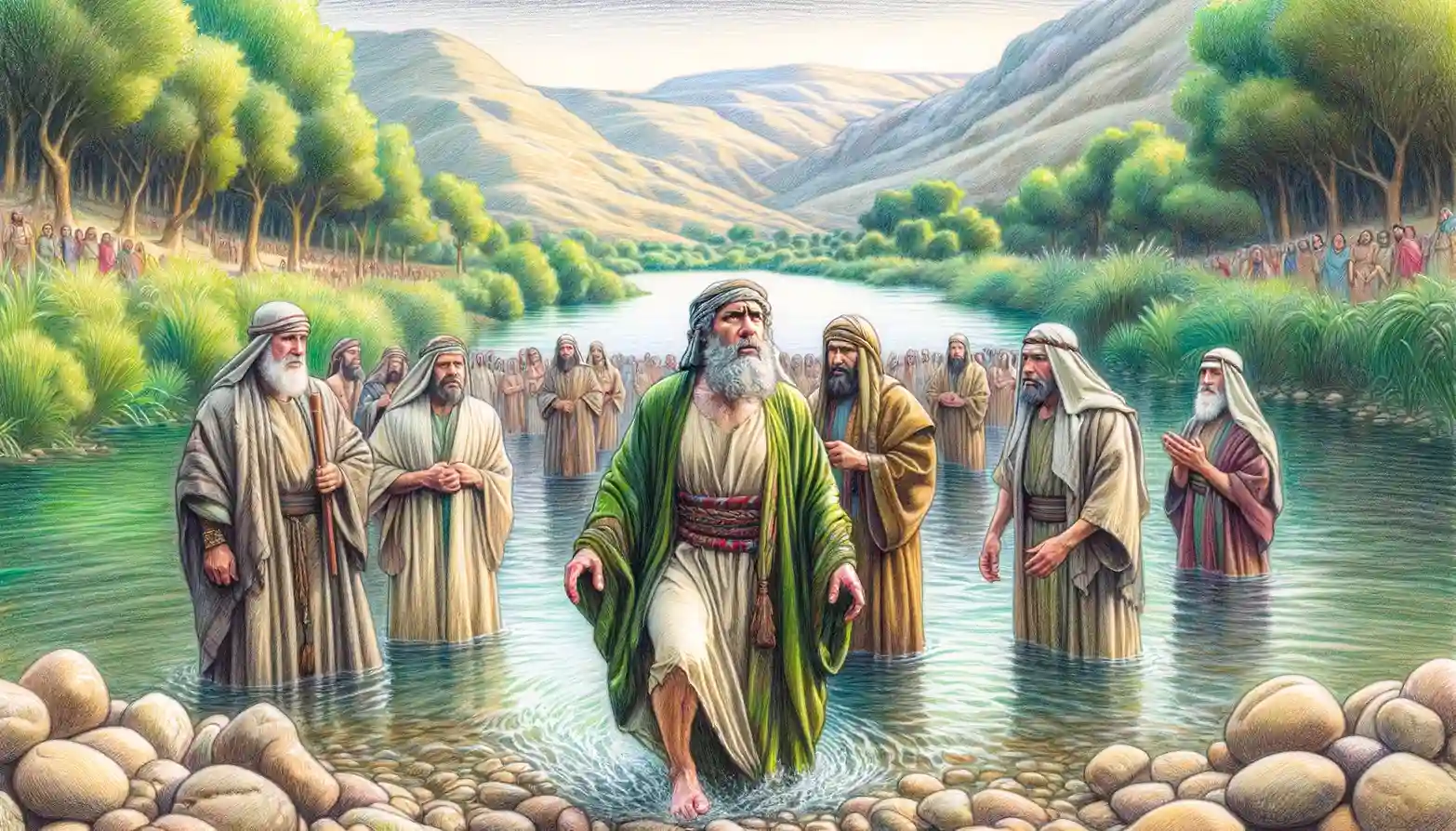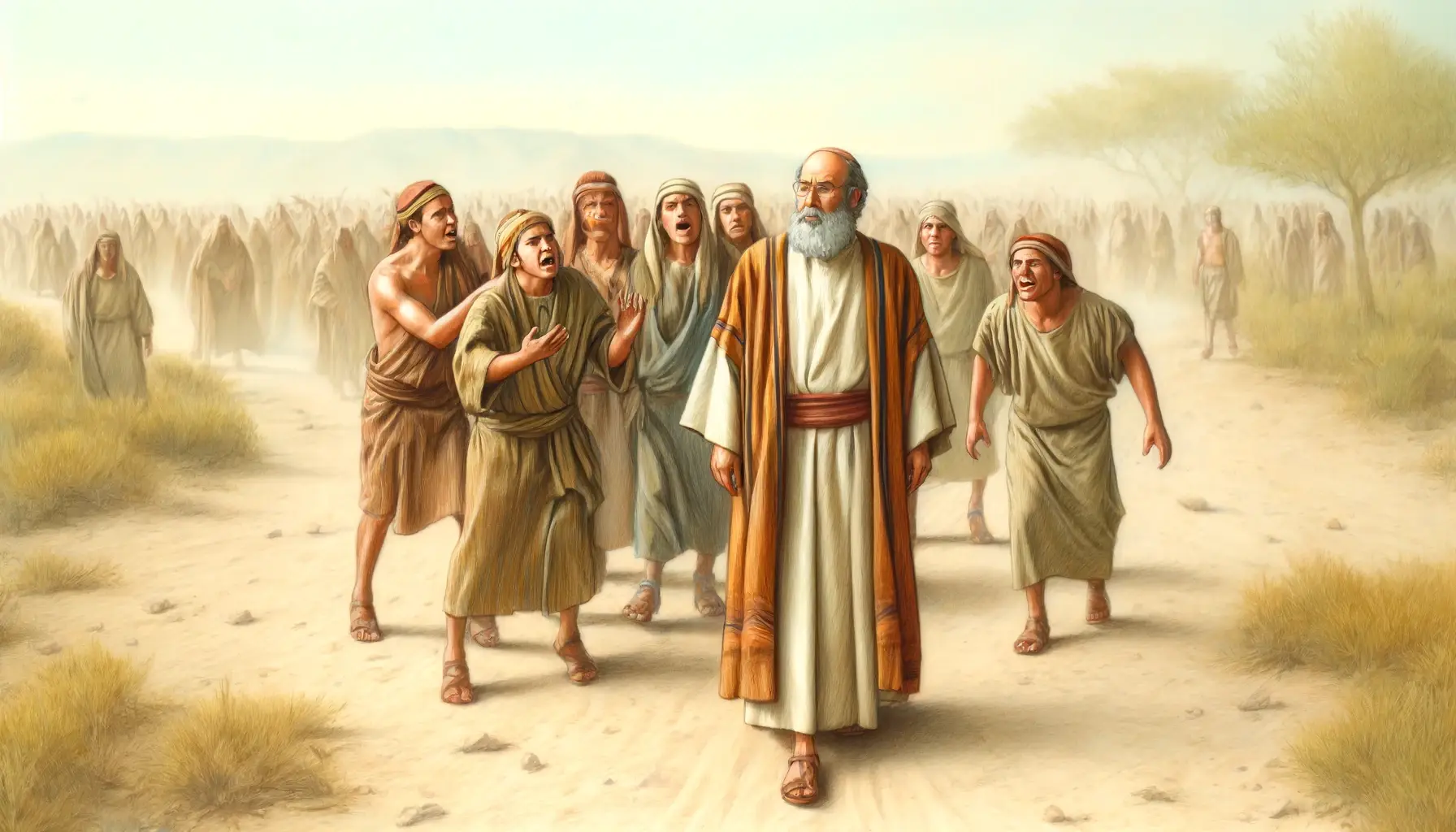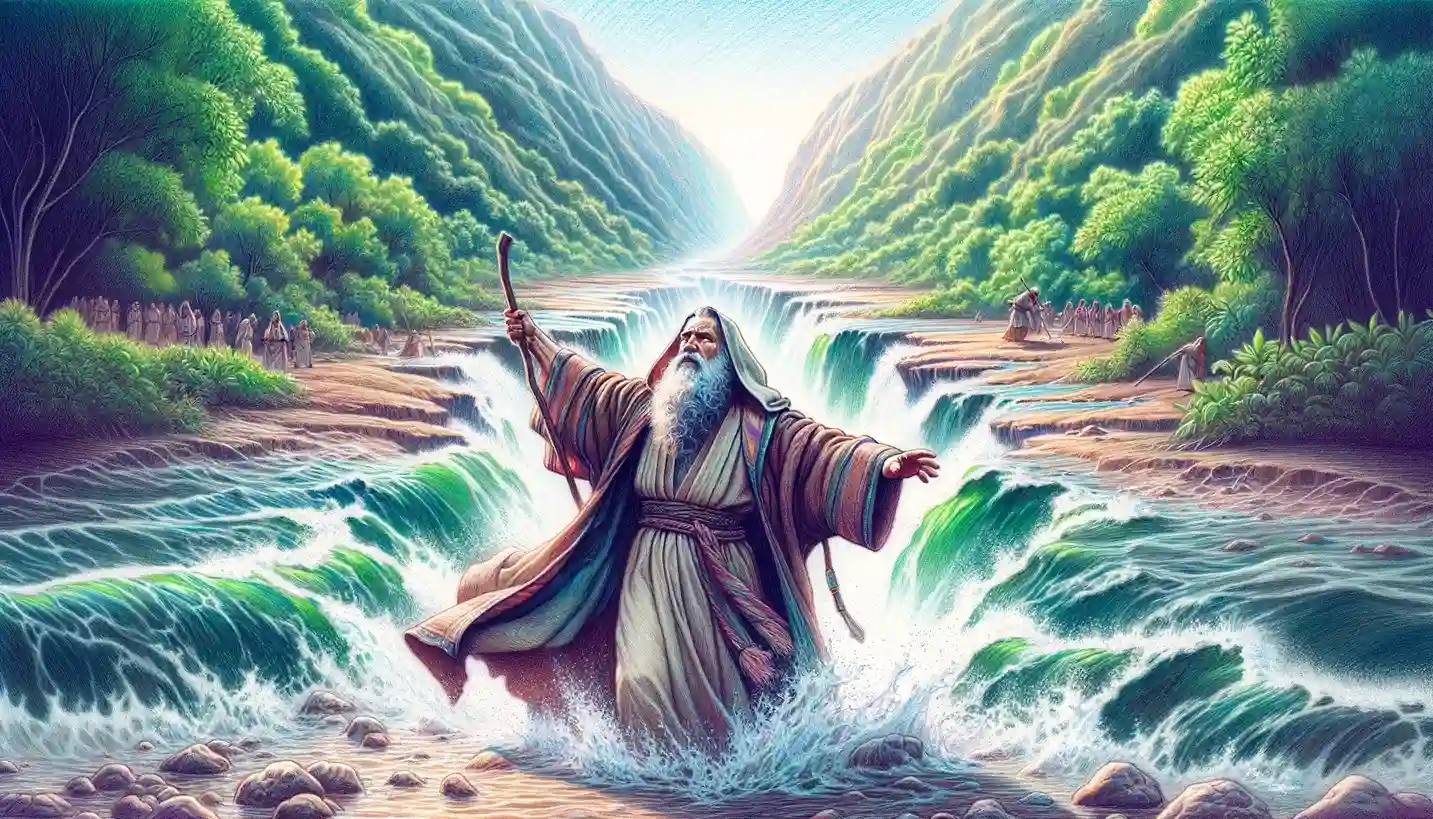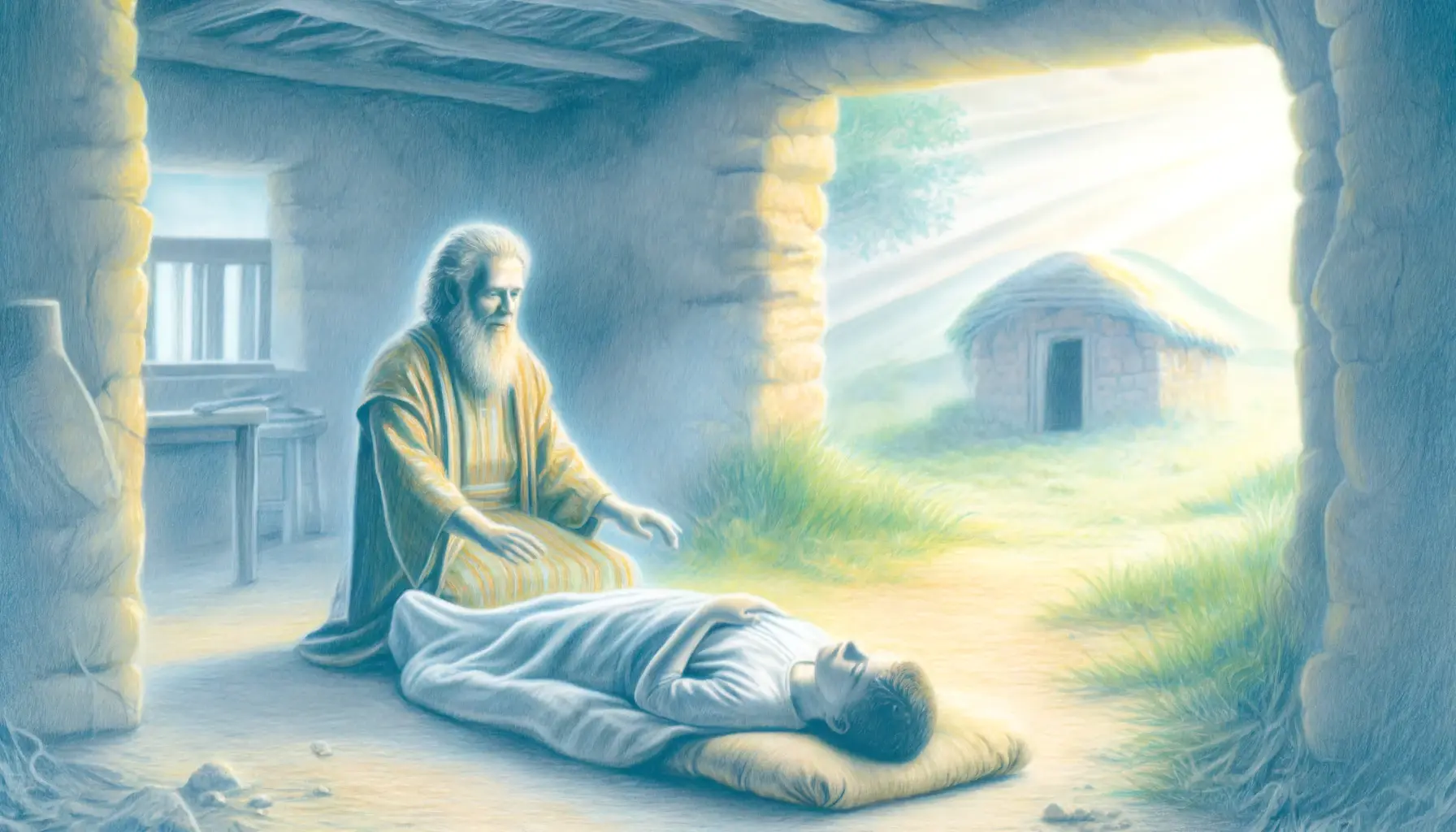In the dramatic episode on Mount Carmel, as detailed in 1 Kings 18:36-38, Elijah calls down fire from heaven to consume a water-drenched sacrificial offering, decisively demonstrating Yahweh’s supremacy over Baal and significantly impacting Israel’s religious landscape by reaffirming monotheistic worship and the authority of God’s prophetic messenger.
In the narrative of 1 Kings 17:17-24, Elijah raises the widow’s son from the dead in Zarephath, showcasing God’s supreme power over life and death, and reinforcing the prophet’s authority as a true messenger of Yahweh, thereby deepening the widow’s faith and illustrating the reach of God’s miraculous intervention beyond Israel.
During a severe drought, Elijah miraculously provides a widow in Zarephath with a continuous supply of flour and oil, as recorded in 1 Kings 17:14-16, demonstrating God’s unwavering provision and the profound faith of those who trust in His promises.
Elijah’s announcement of a multi-year drought in 1 Kings 17:1 serves as a divine judgment against Israel’s idolatry, directly challenging the worship of Baal and asserting Yahweh’s supreme control over the weather and the fertility of the land.
In 2 Kings 8:7-15, the interaction between Elisha and Hazael highlights complex themes of divine foreknowledge, human agency, and ethical responsibility, as Elisha prophesies Hazael’s future atrocities against the Israelites and Hazael subsequently ascends to power by murdering King Ben-Hadad, embodying the troubling nexus of prophecy, moral choice, and political ambition.
In 2 Kings 4:38-41, Elisha miraculously neutralizes a pot of poisonous stew by adding flour, transforming a deadly meal into a safe and nourishing one for the prophets during a famine, demonstrating God’s providence and the prophetic power to safeguard and sustain the community in times of crisis.
In 2 Kings 5, the story of Naaman’s healing from leprosy not only exemplifies the transformative power of simple faith and obedience to God’s commands, as demonstrated by his instructed immersion in the Jordan River, but also highlights themes of humility, the universality of God’s grace, and the severe consequences of greed and deception, illustrated by Gehazi’s downfall.
In 2 Kings 2:23-24, the narrative where Elisha curses mocking youths who jeer at his prophetic authority, resulting in two bears mauling 42 of them, starkly illustrates the severe consequences of disrespecting God’s anointed prophets and underscores the sacredness of the prophetic office.
In 2 Kings 2:14, Elisha’s parting of the Jordan River with Elijah’s mantle not only demonstrates his succession and the continuity of divine power but also symbolically reaffirms his prophetic authority, echoing the miracles of his predecessor and underscoring the enduring presence of God with Israel’s prophets.
In 2 Kings 4:32-37, the resurrection of the Shunammite’s son by Elisha, through an intimate and miraculous act of physical contact, highlights the divine power over life and death and underscores the profound faith of the mother, illustrating the close, reciprocal relationship between God’s prophets and those they serve.

